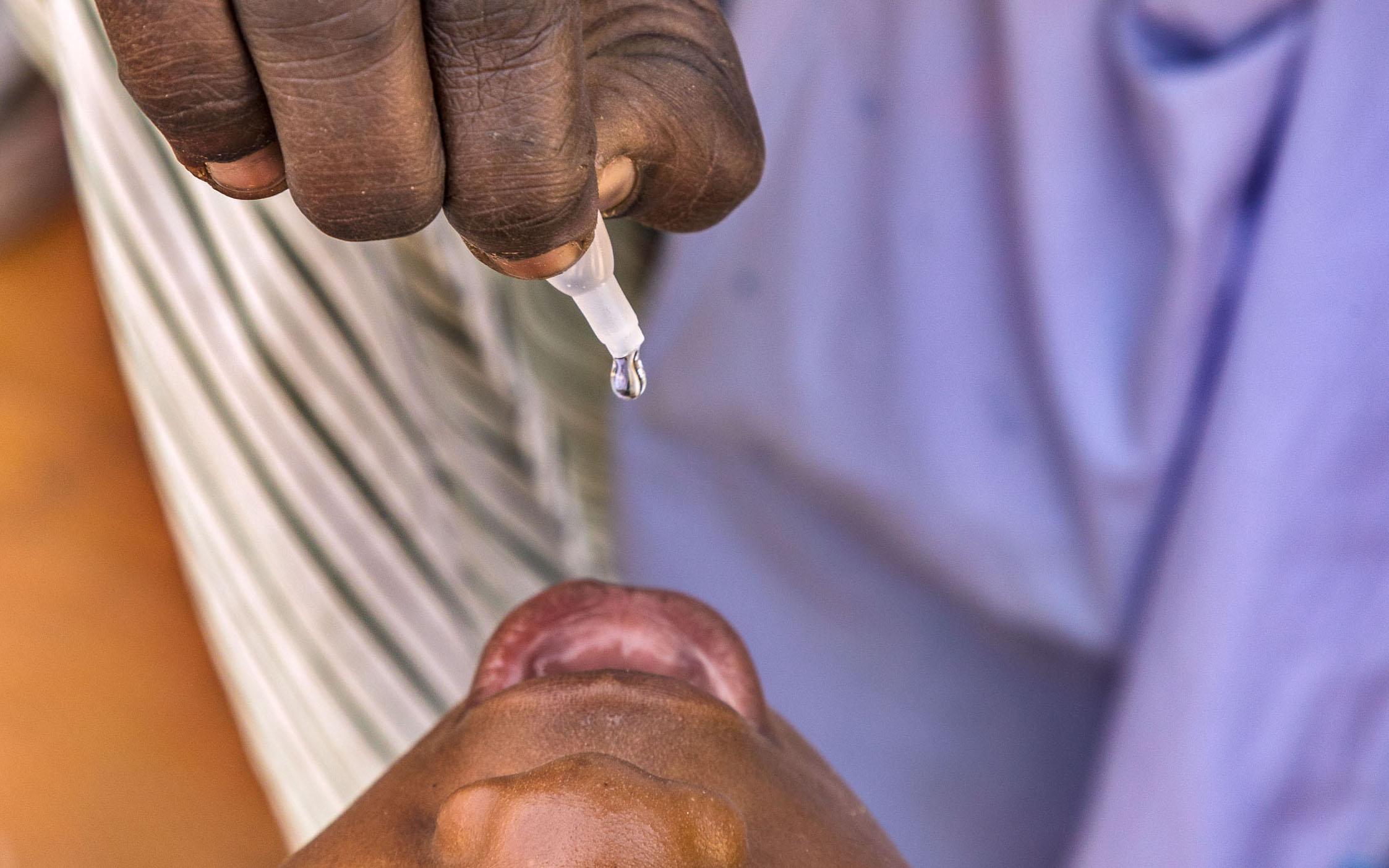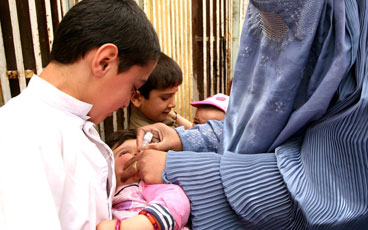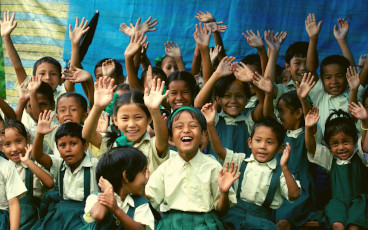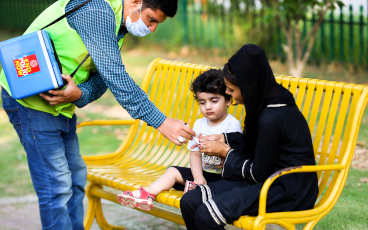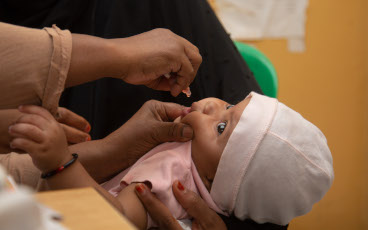CDC Director Tom Frieden Observes Polio Eradication Activities in India
Global polio eradication is a top priority for Dr Thomas Frieden, director of the US Centers for Disease Control and Prevention (CDC).
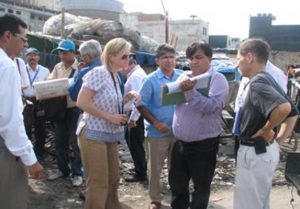
CDC
In August 2011, he and a delegation of US Congressional Staff Members travelled to India to gain a first-hand perspective on the country’s polio eradication efforts and related public health advances and challenges. Together with the Government of India and other partners, the United States has been a major supporter of polio eradication efforts since the World Health Assembly resolution launched the Global Polio Eradication Initiative in 1988.
“India has made remarkable progress that has brought the country to the verge of polio eradication,” Dr Frieden said. He also cautioned against complacency and called for maintaining high-quality vaccination efforts and sensitive surveillance systems.
Global immunization activities are a critical part of CDC’s support to ministries of health around the world. During his visit to India, Dr Frieden met with the Minister of Health and senior officials of the Indian Ministry of Health and Family Welfare, CDC, WHO, and other partners. In addition, he made a field visit to Ghaziabad, a district at high risk for polio in the state of Uttar Pradesh, to observe activities in the field. He was accompanied by the Congressional Staffers; staff members from WHO, and UNICEF; and Mr. Deepak Kapur, Chairman of Rotary International’s National PolioPlus Committee in India.
Dr Frieden visited a shantytown in Ghaziabad, where he observed polio vaccination efforts among a colony of migrant garbage sorters. He also visited a nearby construction site and met with migrant laborers and their family members from different polio-endemic and recently infected Indian states. Later, as part of his assessment of the Acute Flaccid Paralysis (AFP) surveillance system, he examined a patient with newly diagnosed AFP to rule out polio. Finally, he visited a local primary health care centre, where he and the visitors met district and local medical officers, vaccinators, and community workers and observed vaccine storage and use. Wherever the CDC Director went, local polio vaccination teams, field supervisors, and community mobilizers were eager to meet and talk with him about polio eradication.
Later in the day, Dr Frieden met with Dr Poonam Singh, Deputy Regional Director, WHO/SEARO, and Dr Nata Menabde, WHO Representative, India. In those meetings, Dr Frieden reiterated CDC’s strong commitment to polio eradication and his great appreciation of the productive enduring partnership between CDC and WHO. Recognizing the risks to polio eradication and the need to strengthen routine immunization in India, Dr Frieden reaffirmed that CDC will continue to support the WHO National Polio Surveillance Project and other shared public health priorities of both agencies in India, including control of tuberculosis, tobacco use, and noncommunicable diseases.


